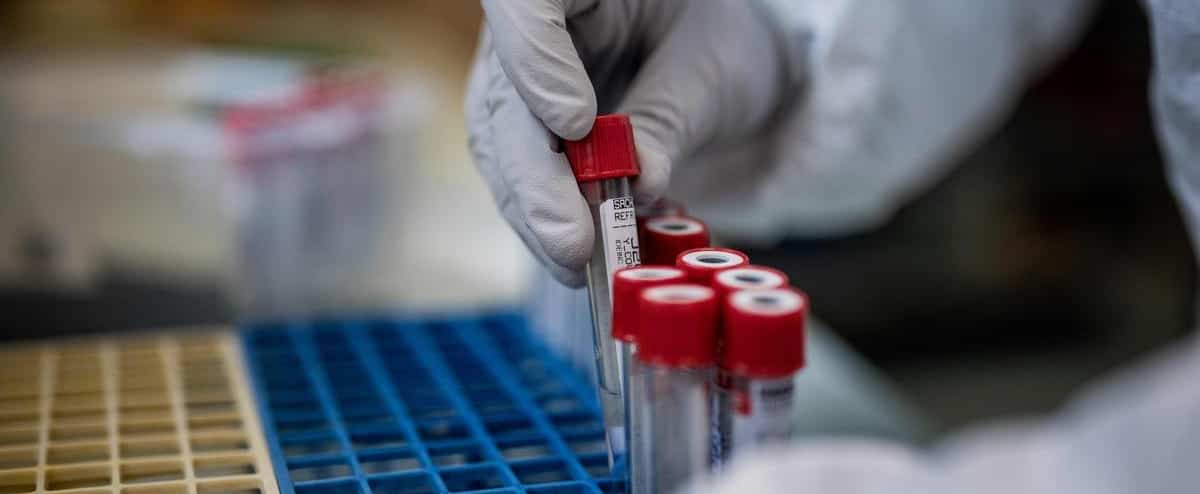Faced with the crying need to better understand COVID-19, the National Institute for Scientific Research (INRS) will invest $ 1 million in Quebec research projects with the potential to produce results quickly.
“It’s not something we usually do. This is something we are doing because the situation is urgent and calls for our responsibility as citizens of Quebec, ”summarizes Luc-Alain Giraldeau, Director General of INRS.
A competition is now open within the university establishment which is dedicated exclusively to research and graduate training.
At high risk
“What we ask researchers is to be daring and daring. We want high-risk projects that a more conservative granting agency might not have funded, but which has a risk of success. If it succeeds, well we can all benefit from it, ”explains Mr. Giraldeau.
Research projects must be new, be able to be carried out ideally within a year, and respond to very specific issues, such as the treatment and detection of the coronavirus, its impact in communities or its effects on society. .
From next January, five projects will be able to benefit from this program.
“We want new” and “emerging” ideas which, if successful, could have “exceptional” benefits, says Pascale Champagne, scientific director of INRS.
This organization was founded in 1969 to contribute to the economic, social and cultural development of Quebec. At a time when the province, like the rest of the world, is going through the worst health crisis in a century, it was natural for the INRS to get involved, believes Mr. Giraldeau.
Moreover, its researchers and its faculty are already at the forefront of research concerning the pandemic, they who have started some fifty research projects related to COVID-19 in recent months.
Working with the beast
Scientists from INRS have, among other things, collaborated in the search for an antiviral against coronaviruses, in the early stages of vaccine development or even in the design of a detection device that could be deployed in schools and companies.
INRS argues that the many fields of research and the cutting-edge equipment of its research centers in Quebec, Montreal, Laval and Varennes offer interesting perspectives.
“We have the possibility with our infrastructures to work with the very virus of COVID […] which allows us to go really quickly. We don’t need to do simulations, we really work with the beast, ”illustrates Luc-Alain Giraldeau.
 Canada Live NEWS – 24/7 Breaking Headlines & Updates Canada Live News is one of the largest news curating sites across Canada which is made exclusively for Canadian people.
Canada Live NEWS – 24/7 Breaking Headlines & Updates Canada Live News is one of the largest news curating sites across Canada which is made exclusively for Canadian people.
